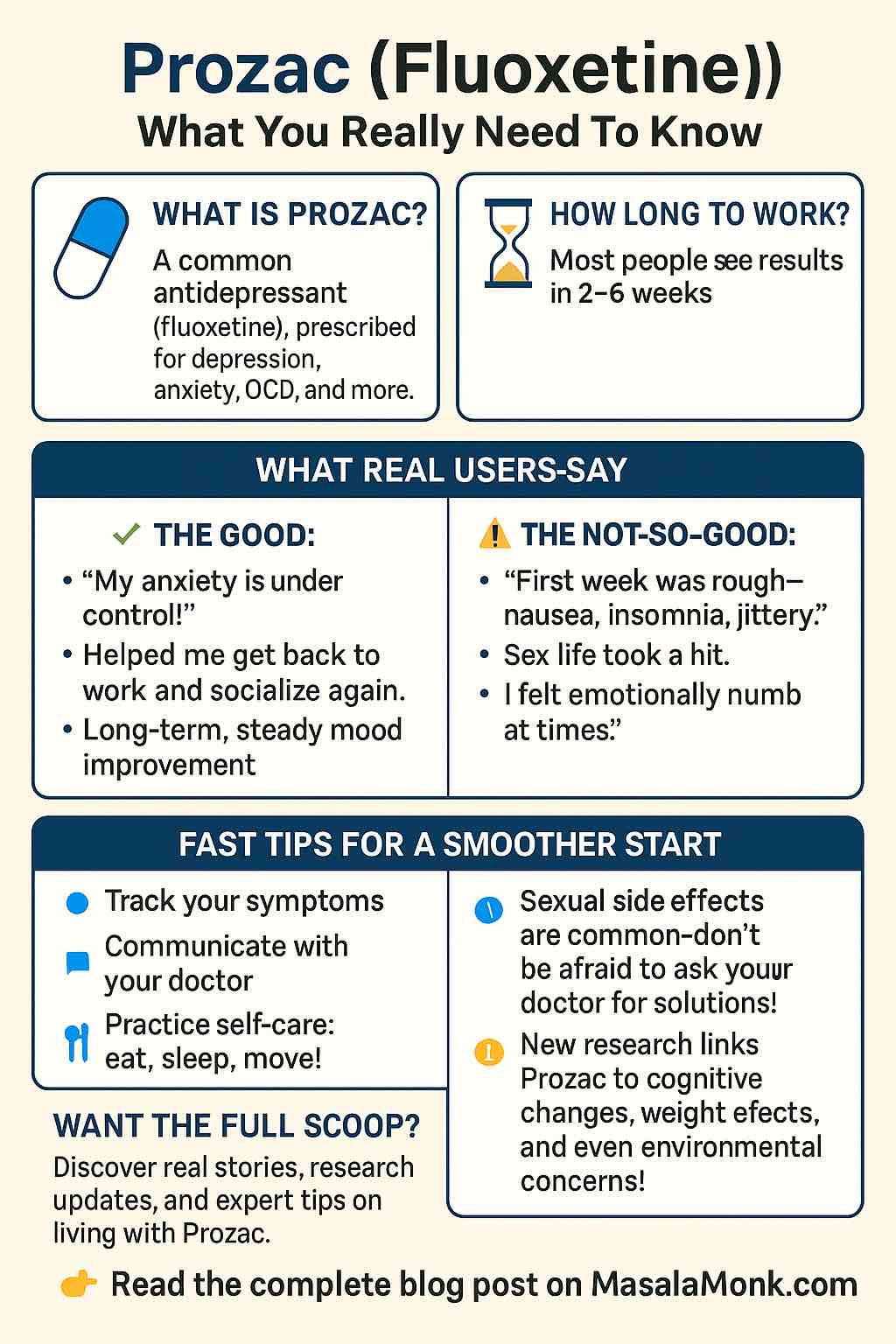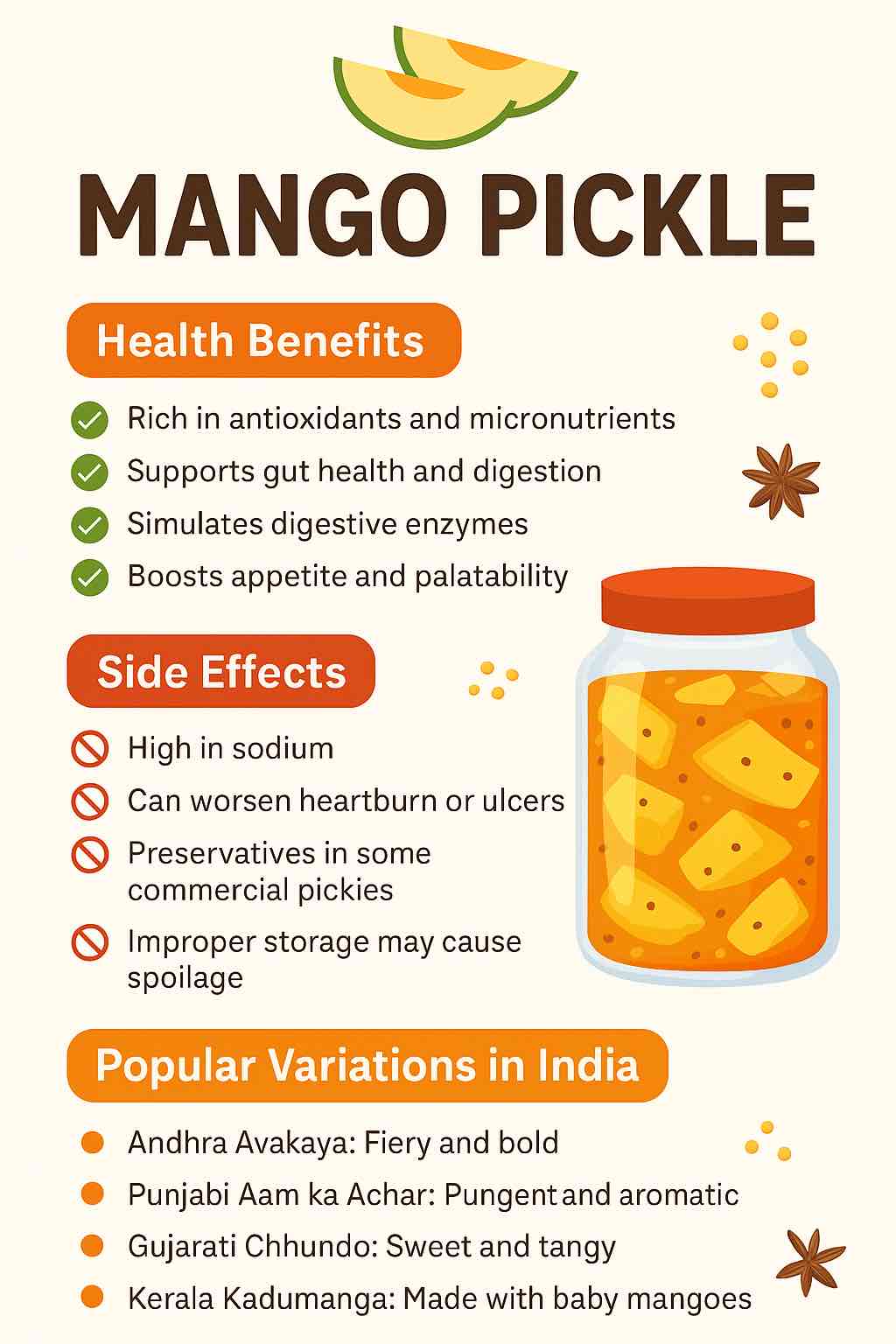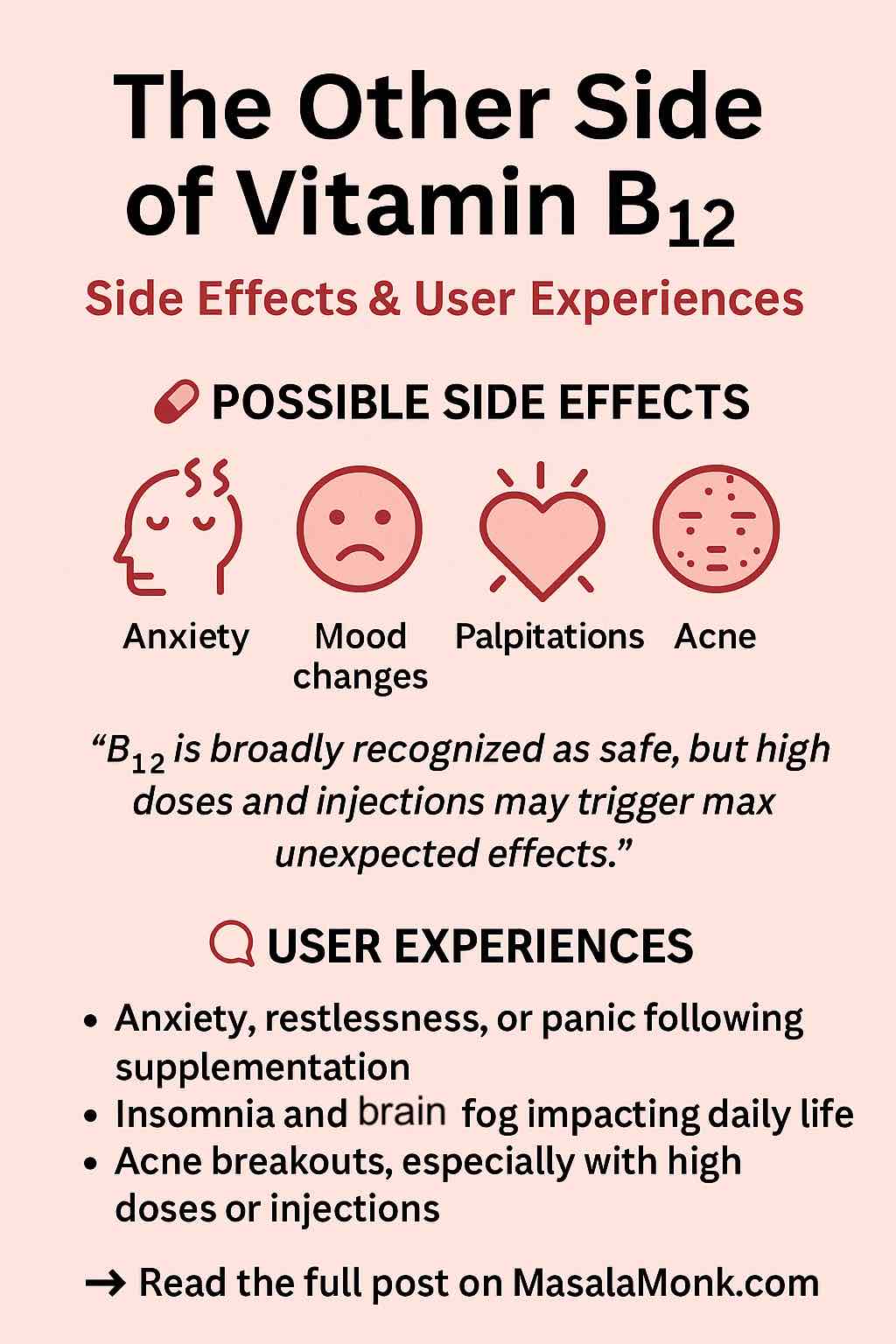
Shrimp may be small, but their footprint is mighty—ocean trawling, mangrove destruction, and the growing risk of microplastics in seafood have inspired many of us to search for kinder, more sustainable alternatives. But let’s be honest: shrimp is iconic. That perfect “pop,” the subtle ocean flavor, the way it transforms curries, scampi, and fried snacks—it’s no wonder it’s so beloved.
Can vegan substitutes really match up? Which ones are actually worth trying?
If you’ve asked yourself these questions (or been let down by a “rubbery” vegan shrimp), this guide is for you. Let’s dive into everything you need to know, from science and brands to kitchen experiments and what real eaters are saying.
Why Replace Shrimp?
Before we get practical, a quick reality check:
- Environmental Impact: Shrimp farming is linked to deforestation, pollution, and high bycatch rates. Wild shrimp trawling is among the most destructive forms of fishing.
- Health & Safety: Shrimp can contain microplastics, heavy metals, and antibiotics—plus allergies are common.
- Animal Ethics: Billions of shrimp are caught/killed annually, often with little regulation on welfare.
So, if you’re ready to swap shrimp for a kinder, safer, and (surprisingly!) delicious alternative, you’re not alone. The vegan shrimp market is booming—worth over $1.4 billion globally in 2025, and growing fast!
What Makes Shrimp… Shrimp? (And How Do We Fake It?)
The two biggest challenges:
- Texture: That “bouncy,” slightly chewy snap when you bite in.
- Flavor: Subtle ocean umami, not overly fishy.
Let’s explore how the top vegan substitutes stack up.
1. Konjac-Based Vegan Shrimp: The Tech Marvel
What is it?
Konjac is a root vegetable with a unique jelly-like, chewy texture. Brands like Mind Blown™, Vegan Zeastar, Sophie’s Kitchen, and All Vegetarian Inc. combine konjac, pea/soy protein, and seaweed to shape convincing shrimp analogues.
How does it taste?
- Texture: The closest to real shrimp—firm, elastic, and “pops” when you bite.
- Flavor: Mild, but absorbs marinades and sauces. Seaweed is often added for umami.
How to use:
- Toss in stir-fries, curries, or pasta.
- Skewer and grill with lemon and garlic.
- Bread and air-fry for crispy appetizers.
Real User Feedback:
- Some love the “pop” and realism, others find it rubbery or hard to digest (konjac can cause bloating if eaten in excess).
- Not all brands are created equal—try a few!
2. Mushrooms: The Whole-Food Winner
Why mushrooms?
King oyster and lion’s mane mushrooms have a naturally meaty, stringy texture—perfect for slicing into shrimp-like shapes.
How to cook:
- Slice thick stems on a bias for the classic shrimp “curl.”
- Marinate in lemon, garlic, smoked paprika, and crushed nori for a “sea” flavor.
- Pan-fry, grill, or bread and deep-fry.
Real User Feedback:
- “Lion’s mane is the best! Taste is close to crab/lobster.”
- “King oyster works well—takes on flavors and has great bite.”
- DIY recipes get lots of love for texture and satisfaction.
3. Hearts of Palm, Jackfruit, and Cauliflower: For Creative Cooks
- Hearts of Palm: Mild, slightly tangy, and tender—great for cold shrimp salads, ceviche, or sushi.
- Jackfruit: Best for flaked or battered recipes (like cakes/tacos). Not as “bouncy,” but good flavor absorption.
- Cauliflower: When battered and fried, makes a great shrimp taco filler—just don’t expect chewiness.
How to boost “sea” flavor:
- Always add nori or dulse seaweed, lemon, garlic, and a pinch of Old Bay or miso for an umami kick.
Real User Feedback:
- Hearts of palm is a crowd favorite for salads.
- Cauliflower is fun but doesn’t fool anyone—just tasty in its own right.
4. Soy/Seitan and Rice Paper: The High-Protein Approach
Some vegan chefs create shrimp with seitan (vital wheat gluten) blended with rice paper for a “skin” and seaweed for ocean taste. These recipes are more labor-intensive, but offer the most realistic shape and protein content.
Real User Feedback:
- Home cooks appreciate the realism but say it’s a “weekend project” recipe.
- Watch for gluten/soy allergies.
How Do the Big Brands Stack Up?
- All Vegetarian Inc.: Praised for realistic “pop” and taste in salads, rolls, and appetizers.
- Sophie’s Kitchen: Battered shrimp scores points when air-fried or baked; crab cakes less impressive.
- BeLeaf: Polarizing—some products loved, others described as unpalatable.
- Mind Blown™ (Plant Based Seafood Co): Leads in texture realism, popular for fried shrimp dishes.
“All Vegetarian’s vegan shrimp is so close in texture, I actually had to double check the box.”
“Sophie’s battered shrimp in the air fryer? Game changer.”
3D-Printed Shrimp & The Future
Steakholder Foods has debuted 3D-printed plant-based shrimp—layered for perfect texture, aiming to reach markets by 2026. Mushrooms are also being optimized in labs for seafood mimicry. Watch this space!
The India Angle: Local Innovations
Seaspire, based in India, now offers vegan seafood for direct-to-consumer and restaurants—leading the local market in realism and sustainability. Other Indian brands like Vezlay and Mister Veg focus more on soy-based seafood analogues, with expansion into shrimp likely soon.
Practical Kitchen Tips: Making the Switch Seamless
- Marinate! Seaweed, lemon, smoked paprika, garlic, and a dash of miso = authentic “ocean” flavor.
- Don’t expect a perfect replica: Each substitute has its strengths. Use konjac for realism, mushrooms for whole-food nutrition, and cauliflower for fun finger foods.
- Watch for allergens: Many commercial products contain soy or gluten.
- Go for the crisp: Air frying or pan-frying brings out the best in nearly every shrimp substitute.
Tried-and-True Recipe: Vegan Shrimp Scampi
You’ll need:
- King oyster mushrooms, sliced thick on the bias
- 1 tbsp olive oil
- 1 clove garlic, minced
- 1 tsp lemon zest
- 1 tbsp lemon juice
- 1 tbsp chopped fresh parsley
- 1 sheet nori, crumbled
- Salt, pepper, pinch of smoked paprika
Method:
- Sauté mushrooms in olive oil until golden and slightly crisp.
- Add garlic, lemon zest, and nori; cook 1 min more.
- Finish with lemon juice, parsley, salt, and pepper.
- Serve over pasta or rice, and enjoy your cruelty-free “seafood” fix!
Final Thoughts: Is Vegan Shrimp Worth It?
Absolutely—if you’re open to a little kitchen creativity, or willing to try what’s on shelves today. Vegan shrimp alternatives are more realistic, diverse, and delicious than ever, with options for every taste and budget.
- Want realism? Go konjac.
- Want nutrition and whole foods? Go mushrooms.
- Want to impress guests? Air-fry All Vegetarian or Sophie’s Kitchen vegan shrimp and see who notices!
The seas (and your palate) will thank you.
Ready to take the plunge? Have questions or favorite recipes? Drop your thoughts in the comments—let’s keep making compassionate, delicious food together!
SOURCES:
This article blends insights from real users on Reddit, vegan bloggers, industry research, and hands-on kitchen testing. For more, check out resources like VegNews, Olives for Dinner, PETA, and leading Reddit threads on r/veganrecipes.
FAQs: Vegan Shrimp Alternatives
1. What is vegan shrimp made of?
Vegan shrimp is typically made from konjac root, soy or pea protein, seaweed, or mushrooms like king oyster or lion’s mane. Some recipes use hearts of palm, jackfruit, or cauliflower for whole-food versions.
2. Does vegan shrimp taste like real shrimp?
The flavor can be quite similar, especially when seasoned with seaweed and umami-rich spices. Konjac-based brands offer the closest texture and mouthfeel, while mushrooms absorb “ocean” flavors well but taste less fishy.
3. Are vegan shrimp substitutes healthy?
Most are low in fat and cholesterol-free. Whole-food options like mushrooms and cauliflower are high in fiber and vitamins, while processed brands may be lower in protein and higher in sodium. Always check the label if you have allergies or dietary concerns.
4. How do I cook vegan shrimp?
You can stir-fry, grill, bread and fry, or add them to curries, pastas, and salads. Air frying is especially popular for commercial vegan shrimp, while mushrooms do well sautéed or grilled.
5. Can I use vegan shrimp in traditional shrimp recipes?
Yes! Vegan shrimp can replace real shrimp in almost any dish: shrimp scampi, tacos, ceviche, fried shrimp, soups, and more. Adjust cooking times—vegan shrimp often cooks faster.
6. Where can I buy vegan shrimp?
Look for brands like Mind Blown™, Sophie’s Kitchen, Vegan Zeastar, All Vegetarian Inc., and BeLeaf in major supermarkets, health food stores, or online (Vegan Essentials, Amazon). In India, Seaspire and other startups are now offering D2C vegan seafood.
7. What’s the best vegan shrimp substitute for home cooking?
King oyster mushrooms are a top choice for DIY—slice and season for realistic texture and taste. For ready-to-cook convenience, konjac-based commercial brands are the go-to option.
8. Do vegan shrimp contain allergens like soy or gluten?
Some brands use soy, wheat, or pea protein, so check labels if you have allergies. Mushroom, hearts of palm, and cauliflower-based homemade versions are usually allergen-friendly.
9. How do I make vegan shrimp taste “oceanic”?
Add seaweed (nori or dulse), lemon, garlic, miso, smoked paprika, or Old Bay seasoning to your marinade for an authentic seafood flavor.
10. Is vegan shrimp sustainable and eco-friendly?
Yes! Vegan shrimp production uses fewer resources, causes less pollution, and avoids harming marine life. Choosing plant-based seafood is a sustainable and ethical alternative to conventional shrimp.













